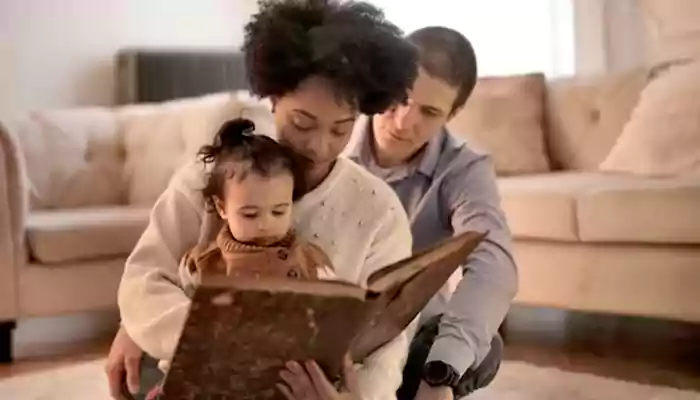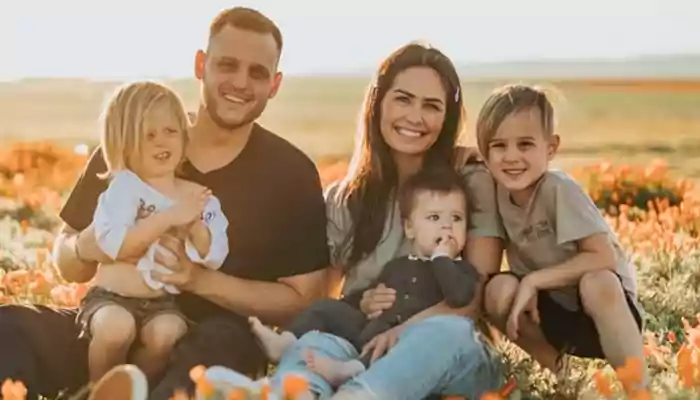
Specially abled kids have special needs, spot them early & get a head-start to an accessible lifestyle.
Do you remember your childhood & reflect on memories where your parents could have acted differently or something they could have done differently to help you learn better? Most of us do, and as we are heading towards a society that’s more aware of the different needs that we have as humans, new-generation parents are adapting to new skill sets directed towards bringing perfection to parenting. If you are a parent, there are a few things you can do to assess if your child has some special needs. This will help you build an environment both at home and outside that will enhance your child’s ability to learn new skill sets at a faster pace. While physical disabilities and a few other forms might be very accurate right after birth or a few months, special learning needs are a completely different scenario, where early detection can be difficult unless you know what to look out for! Here are a few tips to help you look for the right signs for the detection of special needs for learning early on!
Communication: All the nitty-bitty details
Have you noticed any irregularities in speech development? Is your child lagging in comparison to others in terms of speech development? These are some of the very basic questions to begin with. It is also crucial to remember that not all children develop speech at the same time, but it will happen generally within the age range of 2-3 years when they start talking in short sentences. Another point to note here is if your child can understand your verbal cues. Are they capable of following easy instructions? These will be significant enough for you to understand if they have any issues in communication.
Poor Coordination: How well can your kids co-ordinate
While some skills are easy to assess, coordination skills can go unassessed for a long time. Keep a keen eye on how your child sits, walks, and does activities like colouring and using craft items like scissors. This will indicate their coordination skills and is a proven method to assess uneven motor development. Another assessment that can be covered within coordination assessment is the formation of letters & numbers. You have to closely observe how quickly your kid can pick up on forming new words and identify basic numbers.
Working Memory: Long & short-term memory formation
We have to admit that even as adults we forget things, and our subject here is probably just a toddler. While conducting these observations you have to keep in mind that it takes time for children to develop a working memory. Things to observe here may include stuff like, do they remember where their toothbrush is in the morning? Do they remember going to the washroom when they need to, identify where certain things are, or people that they meet? These can be indicators that they have a problem remembering multiple instructions.
Socializing: Interaction with strangers
Different kids react differently to meeting new people, and you have to understand that while one particular kid happily embraces a stranger, others might not show the same enthusiasm. This doesn’t necessarily mean less enthusiastic kids or shy kids have a learning disability. But, observe your kids around other people, other kids as well. If over time you see them making a few friends or having an overall loving relationship with someone in or outside the family, it is okay. But if you notice difficulty in the formation of relationships outside of you and your partner as the kid's parents, it would be recommended to check with a child psychologist.
While you do these assessments, it is necessary to understand that each child is special, and they all have unique needs, don’t forget to show some love every day!












